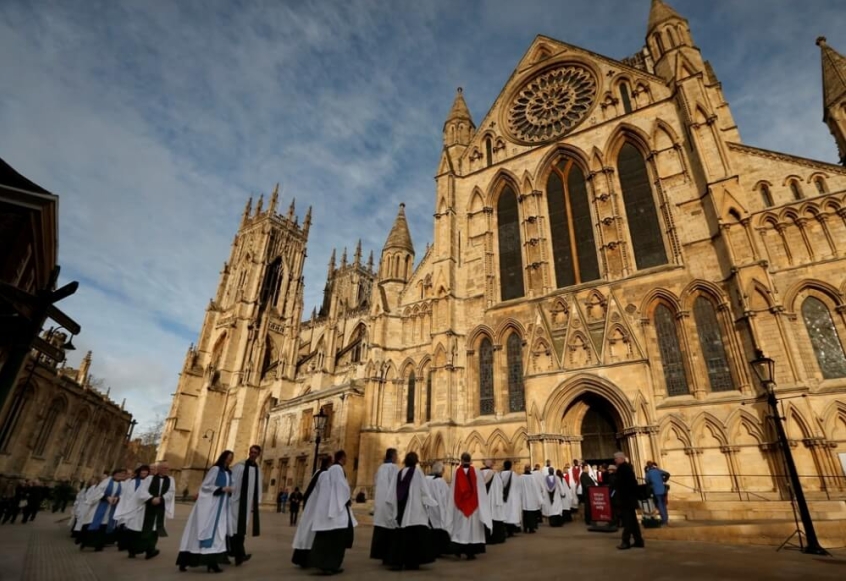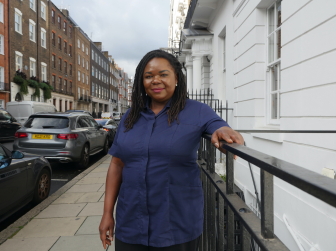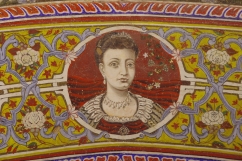The obvious answer to who founded the Church is Jesus.
But the reality is slightly more complex. Without doubt the life, death and resurrection of Jesus was the inspiration for the start of the Church. But given that the first churches did not come into existence until after Jesus' ascension, it's difficult to argue he was the direct founder.

After Jesus had left them, his disciples gathered in Jerusalem and started to worship, pray and meet regularly together. Arguably this was the first "church". They probably met in people's houses or in specific rooms. They would not have had a designated building, most probably would have met in secret, and they were not called Christians until much later in the city of Antioch, according to Galatians 3.
As the earliest churches began to be persecuted in Jerusalem, Jews who believed Jesus was the Messiah fled across the Roman Empire, taking their newfound faith in Jesus with them.
Largely the first churches were made up of Jews who believed Jesus was the promised saviour. But as Paul, formerly Saul, began his ministry and preaching, increasingly churches became full of non-Jews who also believed Jesus was the Christ. Paul can be credited as one of the foundational figures in establishing the Church.
These churches, now open to both Jews and non-Jews, grew rapidly at the hands of the disciples and other apostles. Within 10 years of Jesus' death, Christianity had spread from Jerusalem to Antioch, Ephesus, Corinth, Thessalonica, Cyprus, Crete and Rome.
Over the period known as the Apostolic Age, which runs from Jesus' death to about 100 AD, the Early Church wrestled with the extent to which it was a Jewish sect or a new religion. In 98 AD the Roman emperor Nerva recognised Christianity as a separate faith because the practices had become more and more distinct from Jewish habits over the decades.
Over the next 200 years the Church spread and debated what its teachings were. By the early second century it had largely agreed on a canon of writings that would form the basis for its teaching. This collection of texts became the New Testament, although interpretations of what the New Testament meant varied wildly over the first centuries. The Church changed its mind several times about what was and was not heresy and a broad conformity was not reached until into the fourth century.

Over this time the Church gradually built a structure for itself. Each Christian community appointed a central bishop who would have authority and by 160 AD most cities had a Christian bishop. Gradually some bishops, usually in the capital city of a region, would assume more authority than others so a hierarchy developed.
These bishops would meet centrally and decide doctrine and so arguably played a significant role in the foundation of the Church and its uniformity.
Finally in 325 AD, the council of Nicaea marked the end of early Christianity as it was the start of the Church's official recognition and promotion by the Roman emperor Constantine. This changed the Church forever as Christianity became the official Roman religion.
So did Jesus found the Church? Probably not.
Rather than having one founder, the Christian Church had a number of key players over the first three centuries. Jesus was the inspiration. The disciples and especially Paul were the initial foundation, followed by the bishops who were appointed to oversee Christians in a region and decide on doctrine. Finally, Emperor Constantine was a crucial figure in making Christianity an established religion, rather than a persecuted minority group.












